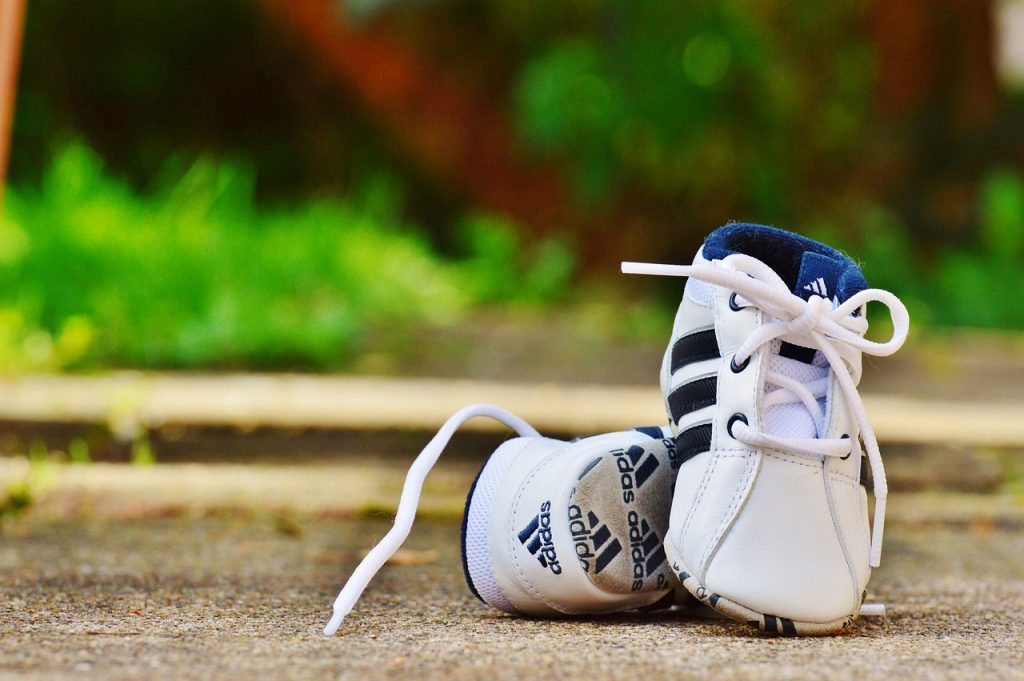Adidas’ Samba and Gazelle sneakers may look like relics from past decades, but they are currently the hottest footwear on the market.
The German sportswear giant reported that sales of these retro-style sneakers are “very strong and growing,” contributing significantly to the company’s first-quarter earnings. This comes as Adidas continues to stabilize following the termination of its partnership with rapper Ye.
Driven by the success of these sneakers, alongside increased demand for its running, basketball, and soccer shoes, Adidas posted a net profit of approximately $182 million for the first three months of 2024. This marks a significant turnaround from the same period last year when it reported a loss of $26 million.
The history of the Samba dates back to the 1950s, initially worn by a German soccer team looking for a durable shoe suited for icy and snowy conditions. While its design has evolved, the signature three stripes have become a distinctive symbol of Adidas. The Gazelle sneakers, also featuring the three stripes, originated in the 1960s and were initially designed for indoor sports before becoming one of the brand’s most iconic footwear models.
Particularly, sales in Europe surged by 14%, and Adidas also experienced strong demand in China and Latin America. However, North America remained a challenging market, with revenue falling by 4% due to excess inventory in retail stores.
“The markets remain volatile and challenging, but we feel that we are making progress everywhere,” stated Adidas CEO Bjørn Gulden. “We will continue to ‘over-invest’ in our products, brand, sales, and marketing to ensure sustained growth.”
Fresh off the press: Adidas launches shoes inspired by traditional Mexican bread
Adidas remains optimistic about 2024, especially with major sports events on the horizon, including UEFA Euro 2024, the Copa América, and the Olympic Games.
Meanwhile, Nike has recently secured the rights to be the official uniform provider for the German national soccer teams from 2027 to 2034, ending over seven decades of Adidas’ association with the sport, which included four World Cup victories by the men’s team.
Last year, Adidas faced an unusual annual loss, impacted by the costly split with rapper Ye, weak sales in North America, and a substantial tax bill.
